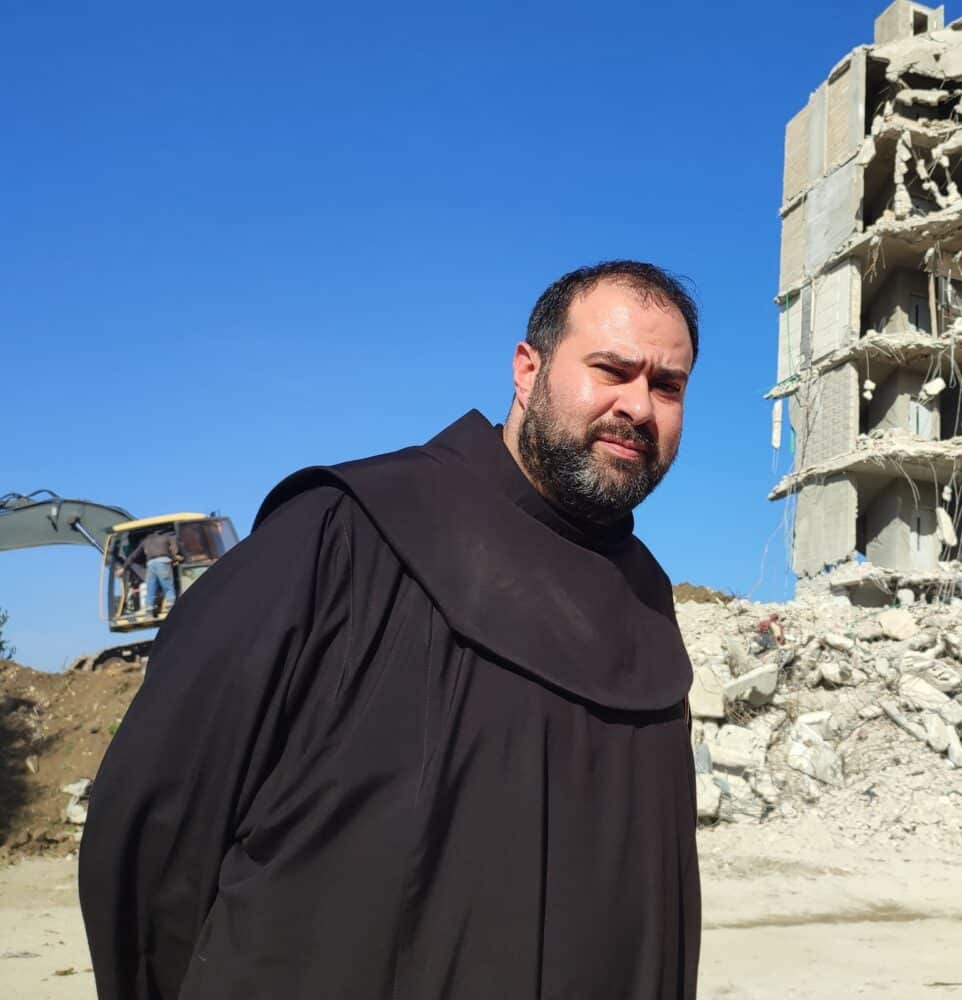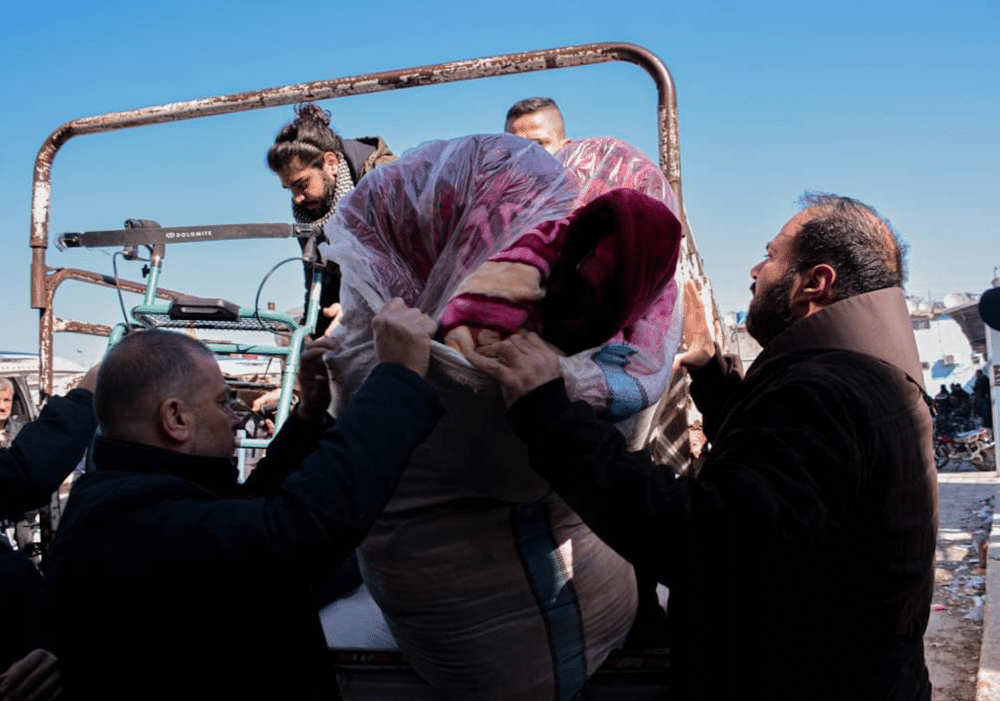Syria: a tormented country
Protests are back in Syria. Our newspapers are flooded with images of Syrians tired of a situation that is now unsustainable. The political and social crisis has brought to its knees a country that is now raising its head against the government, accused of doing nothing to improve the conditions of the population. The videos coming from Al Suwayda are very reminiscent of the protests of twelve years ago, when the echo of the Arab Spring also reached the country of the Assads. In the hardest years, civilians rallied around the president, certain that he was a guarantee against jihadist extremism, but today they can no longer stand this situation, which has become a social and economic cancer difficult to cure.

The current situation
To take stock of the situation, we interviewed Father Fadi, who has been working and living in Syria, in Latakia, since 2015. "For months, people have stopped asking me for money, they just ask me: 'Abuna, help us get out of here'. We are truly living the prayer of the Our Father: 'Give us this day our daily bread', here there is no more hope for the future." With an emotional and firm voice, Father Fadi tells us about the drama that the Syrian people live every day: "The average salary of a state employee is 250,000 Syrian pounds, 1 euro is now worth 15,0000 Syrian pounds. The salary of a month is equivalent to not even 20 euros. A liter of seed oil costs 30,000 lire, a kg of coffee 80,000. Families would need at least three million lire a month to make ends meet, but often they do not reach 500,000." The story goes on, and Father Fadi confides to us that in the country people die of hunger on the street, even Muslim fathers come in tears to the door of the parish to seek comfort and help, unable to feed their children. As if that were not enough, he adds: "The problem is not only food: medical operations have also become very expensive, costing millions of Syrian pounds, and even medicines have disproportionate prices that families cannot afford."
"Many people are now fleeing clandestinely to Lebanon. There is also a crisis, but for some months the situation has precipitated. The government doubled wages, but prices rose 10-fold in a very short time. At the beginning of the year here in the parish we paid a liter of diesel 800 Syrian pounds, now we pay 8000."

The condition of the Syrian people
From Fadi's story emerges the picture of a tormented Syria, and it is commonly believed that the Syrian people suffered less during the war: "I have lived in Syria since 2015, I have never seen such a situation. We priests are also losing hope and patience. I am not Syrian, but now I feel part of the suffering of this people." While talking to us, Fadi is taken by a movement of emotion, demonstrating how in a few years people who previously led a normal and dignified life have found themselves having nothing to feed their family: "Thirteen years ago the situation was very different ... Syria is no longer the same. Every day is worse."
Finally, he tells us that the government does not release any kind of aid to people in difficulty and so the families depend only on the aid of NGOs operating in Syria: "The people of the parish depend entirely on the aid of Pro Terra Sancta, but they are never enough. We thank the association for the facilities it has provided us and because it continues to feed so many people in need. We pray for our benefactors and that something here may change, for the good of the Syrian people."
Meanwhile, the first deaths after fighting in northeast Syria between the Syrian army and pro-Turkish factions left 23 dead, after pro-Ankara militants tried to infiltrate the region. Another bad sign.


















